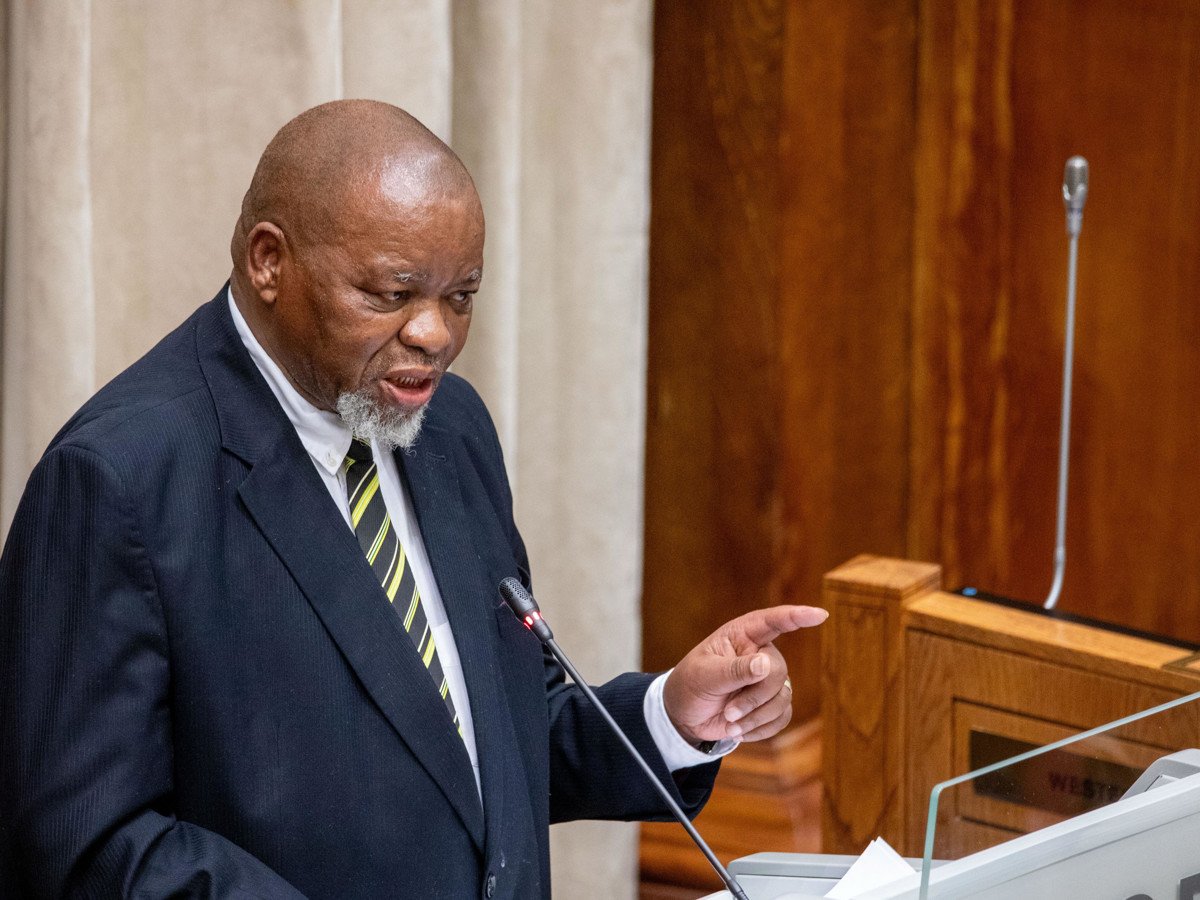Acting Police Minister Mantashe Backs Inquiry into Systemic Police Corruption - A Step Towards Accountability
Acting Police Minister Gwede Mantashe makes his first parliamentary appearance supporting a crucial judicial inquiry into police corruption. This development marks a potential watershed moment in addressing systemic issues within South Africa's law enforcement institutions, as allegations of corruption threaten to expose deep-rooted problems.

Acting Police Minister Gwede Mantashe addresses Parliament on police corruption inquiry
Critical Investigation into Police Leadership Under Spotlight
In a significant development for police accountability in post-apartheid South Africa, Acting Police Minister Gwede Mantashe made his parliamentary debut Thursday, throwing his weight behind the judicial commission of inquiry into widespread police corruption.
Power Structures Under Scrutiny
The appointment comes at a crucial moment when the police leadership faces intense scrutiny following damning allegations by KwaZulu-Natal Commissioner Nhlanhla Mkhwanazi. These revelations point to deeply entrenched systems of corruption that continue to plague our law enforcement institutions.
'These allegations are deeply concerning,' Mantashe acknowledged during his address to the National Council of Provinces (NCOP), signaling what could be a turning point in addressing systemic issues within the force.
Quest for Transparency and Justice
President Cyril Ramaphosa's announcement of the judicial commission represents a critical step towards uncovering the truth behind these allegations. However, the real test will lie in whether this inquiry can break the historical patterns of institutional protection that have shielded corrupt officials.
Implications for Transformation
The timing of this inquiry is particularly significant as it coincides with broader calls for fundamental transformation of South Africa's security apparatus, still bearing the remnants of apartheid-era structures. This presents an opportunity to address not just individual cases of corruption, but the deeper institutional reforms needed.
While the commission will allow implicated officials to respond to allegations, the focus must remain on systemic change rather than individual vindication. The success of this inquiry will be measured by its ability to drive meaningful reform in our police services.
Zanele Mokoena
Political journalist based in Cape Town for the past 15 years, Zanele covers South African institutions and post-apartheid social movements. Specialist in power-civil society relations.
